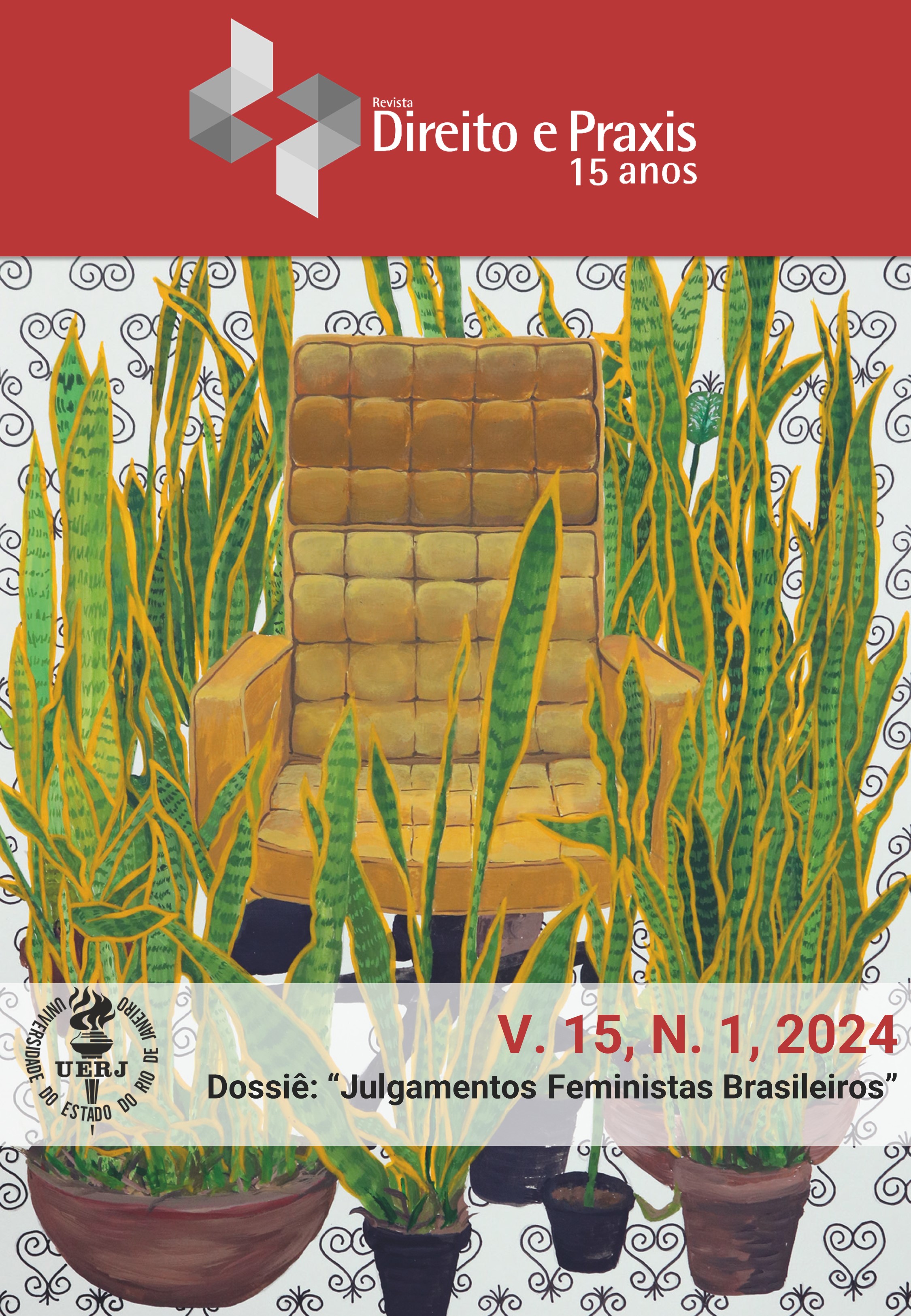For an ontological turn in the Brazilian judiciary
a new role to be played by blacks and indigenous peoples
Keywords:
Judiciary, Colonialism, Ontological turnAbstract
https://doi.org/10.1590/2179-8966/2022/65752
The historical disregard of non-Eurocentric knowledge is one of the characteristics of the phenomenon known as colonialism. It persists in Brazil under the current Constitution and reaches the Judiciary. This article examines how such disregard may hinder the judicial application of black and indigenous populations rights. Then, the paper proposes an ontological turn in the judiciary. That means the functioning of a judicial system that expands the consideration of various knowledge in the exercise of its functions. Methodologically, the article is based on interdisciplinary bibliographic research. In addition, it examines two justice system initiatives: the Indigenous Conciliation Center in the Maturuca Community in Roraima and the Vozes dos Quilombos Project in Piauí. The analysis is conducted from semi-structured interviews with the coordinators of those initiatives. Under such method, the article seeks to innovate using the anthropological concept of ontological turn to apply it legally to the judiciary. It was found that the both examined initiatives are able to reveal possibilities of judicial listening in favor of historically colonized populations.
Keywords: Judiciary; Colonialism; Ontological turn.
Downloads
Published
How to Cite
Issue
Section
License
Copyright (c) 2022 Direito e Práxis

This work is licensed under a Creative Commons Attribution 4.0 International License.
The authors the sole responsibility for their texts.
It is allowed the total or partial reproduction of the articles of the Journal Law and Praxis, if the author is mentioned.
This work is licensed under a Creative Commons Attribution-Noncommercial-Share Alike 4.0 Unported License.
This license allows you to copy and redistribute the material in any medium or format for any purpose, even commercial, provided the original authorship is cited.
This work is licensed under a Creative Commons Attribution 4.0 International License.



